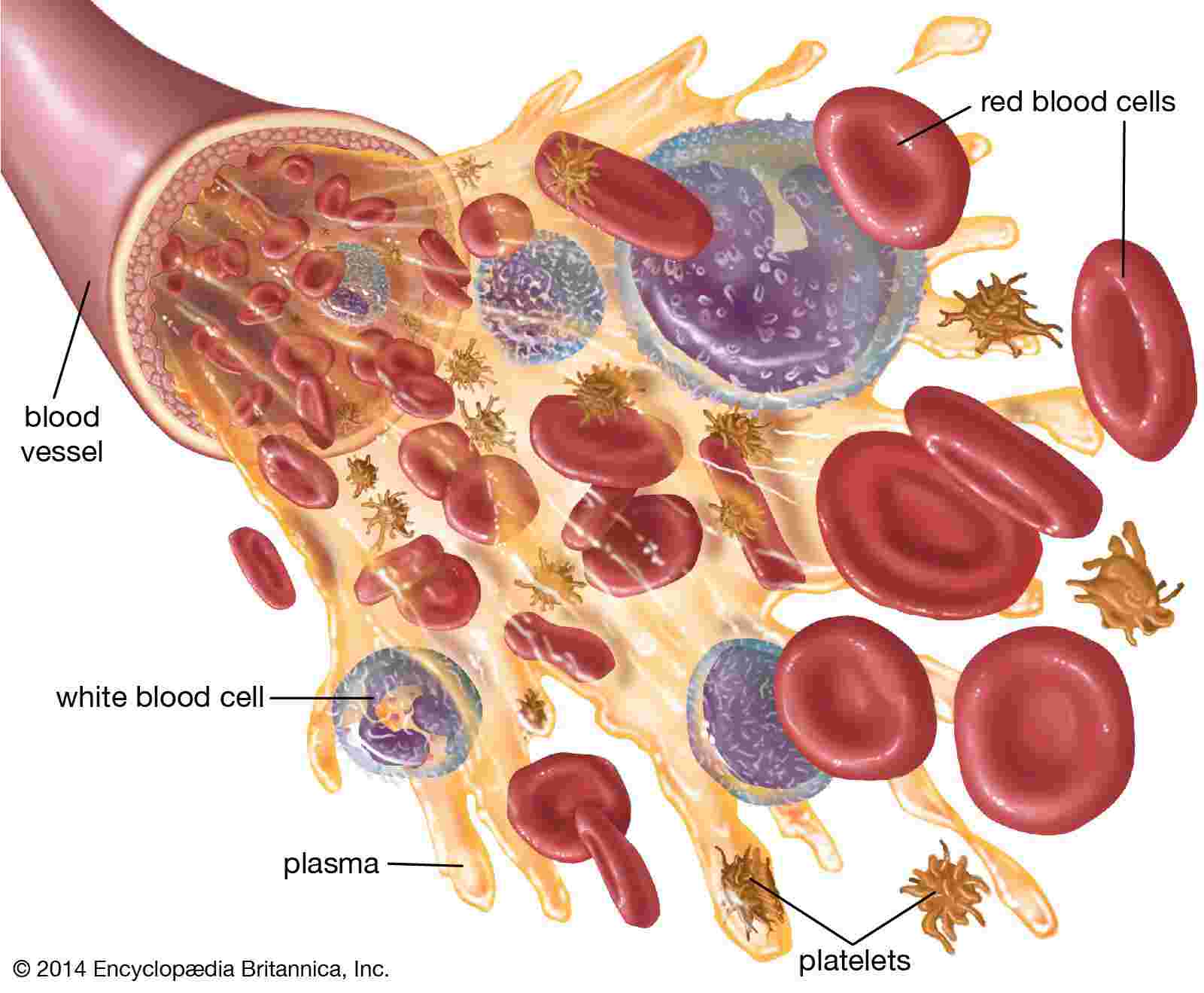White blood cells (WBCs) are a critical part of the immune system, helping the body fight infections, inflammation, and even abnormal cells. However, when a routine blood test reveals an elevated white blood cell count also known as leukocytosis it can trigger concern. While a high WBC count isn't always dangerous, it can sometimes point to a serious underlying condition.
We will also discuss the relevance of medical treatments such as antibiotics and how healthcare providers and suppliers including a ceftriaxone injection wholesaler play a role in urgent care.
Understanding White Blood Cell Count
A normal white blood cell count ranges from about 4,000 to 11,000 cells per microliter of blood. WBCs include five main types:
-
Neutrophils
-
Lymphocytes
-
Monocytes
-
Eosinophils
-
Basophils
An increase in any of these cells can cause the total WBC count to rise. The significance of the elevation depends on which type is elevated and why.
Common Causes of High WBC Count
In many cases, a high white blood cell count can be traced to benign or self-limiting conditions, such as:
-
Infections: Bacterial, viral, or fungal infections often trigger elevated WBCs as the body tries to fight off the invading pathogen.
-
Stress: Physical or emotional stress can lead to temporary increases.
-
Medications: Corticosteroids and epinephrine may elevate WBC counts.
-
Inflammation: Autoimmune disorders like rheumatoid arthritis can cause chronic inflammation and high WBCs.
-
Allergies or Asthma: These conditions can increase eosinophils, a subtype of WBCs.
However, not all causes are harmless.
When High WBC Count Indicates a Serious Condition
Certain circumstances make a high white blood cell count more concerning. Below are some serious conditions that might present with leukocytosis:
1. Sepsis
Sepsis is a life-threatening response to infection that can lead to tissue damage, organ failure, and death. A very high WBC count, especially with fever, rapid heartbeat, and confusion, is a red flag.
2. Leukemia
Leukemia is a type of cancer affecting blood and bone marrow. It often presents with extremely high WBC counts due to abnormal white cells multiplying uncontrollably. Other symptoms include fatigue, bruising, and frequent infections.
3. Severe Infections (e.g., Pneumonia, Meningitis)
A high WBC count can accompany serious localized infections that require immediate medical treatment. For example, bacterial meningitis often leads to an emergency response using potent antibiotics like ceftriaxone, commonly sourced from a ceftriaxone injection wholesaler to ensure rapid delivery and use in hospital settings.
4. Inflammatory or Autoimmune Disorders
Chronic autoimmune diseases such as lupus or Crohn’s disease can cause persistent inflammation and elevated WBC counts. These conditions require long-term monitoring and treatment.
5. Reaction to Certain Medications or Toxins
Some drugs or environmental toxins can trigger abnormal increases in white blood cells, often requiring immediate cessation of the substance and medical intervention.
Red Flags to Watch For
If you or someone you know has a high white blood cell count, the following symptoms might indicate a serious underlying issue:
-
Persistent or high-grade fever
-
Unexplained weight loss
-
Night sweats
-
Chronic fatigue
-
Unusual bleeding or bruising
-
Shortness of breath
-
Confusion or decreased alertness
Any of these signs should prompt urgent evaluation by a healthcare provider.
Diagnostic Steps
When a high WBC count is detected, physicians may take several diagnostic steps to determine the underlying cause:
-
Repeat blood tests to monitor trends in WBC levels and subtypes.
-
Infection screening, including cultures of blood, urine, or cerebrospinal fluid.
-
Imaging tests, such as X-rays or CT scans, to locate hidden infections or tumors.
-
Bone marrow biopsy, especially if blood cancers are suspected.
-
Autoimmune panels to check for signs of systemic inflammation.
Treatment Approaches
Treatment depends entirely on the root cause. Here are some general approaches:
Infections
If a bacterial infection is causing the high WBC count, broad-spectrum antibiotics such as ceftriaxone are often used initially, particularly in emergency or hospital settings. Hospitals and clinics rely on a dependable ceftriaxone injection wholesaler to maintain adequate supply, especially during outbreaks or shortages.
Leukemia or Other Cancers
Treatments may include chemotherapy, radiation, immunotherapy, or bone marrow transplants. Monitoring and managing WBC counts is a critical part of cancer care.
Autoimmune Diseases
Immunosuppressants like corticosteroids or biologics may be prescribed to control inflammation and reduce WBC count.
Supportive Care
In severe cases, especially with sepsis, treatment includes intravenous fluids, oxygen therapy, vasopressors, and antibiotics again underscoring the role of timely access to drugs from reliable sources such as a ceftriaxone injection wholesaler.
The Role of Medical Suppliers
Behind the scenes, companies like a ceftriaxone injection wholesaler are vital to patient care. When hospitals face high patient loads, especially during flu season or pandemics, the availability of antibiotics like ceftriaxone can make the difference between timely treatment and life-threatening delays.
Wholesalers ensure:
-
Rapid distribution to clinics and hospitals
-
Cold chain management for drug potency
-
Regulatory compliance for safety
-
Bulk supply at lower cost
Healthcare providers often partner with wholesalers who specialize in critical medications to ensure readiness in emergencies.
Conclusion
A high white blood cell count can sometimes be harmless, caused by a minor infection or temporary stress. However, in other cases, it may be the first warning sign of a serious illness like sepsis, leukemia, or autoimmune disease. It's essential to take these findings seriously and seek appropriate medical evaluation.
Timely diagnosis and treatment are key. Whether that involves a course of antibiotics or a more complex intervention, having access to essential medications through trusted sources such as a ceftriaxone injection wholesaler ensures that healthcare providers are prepared to act quickly and effectively.
If you or a loved one has received blood test results showing elevated WBCs, don’t panic but do follow up. It could be the body’s way of signaling that something deeper needs attention.




